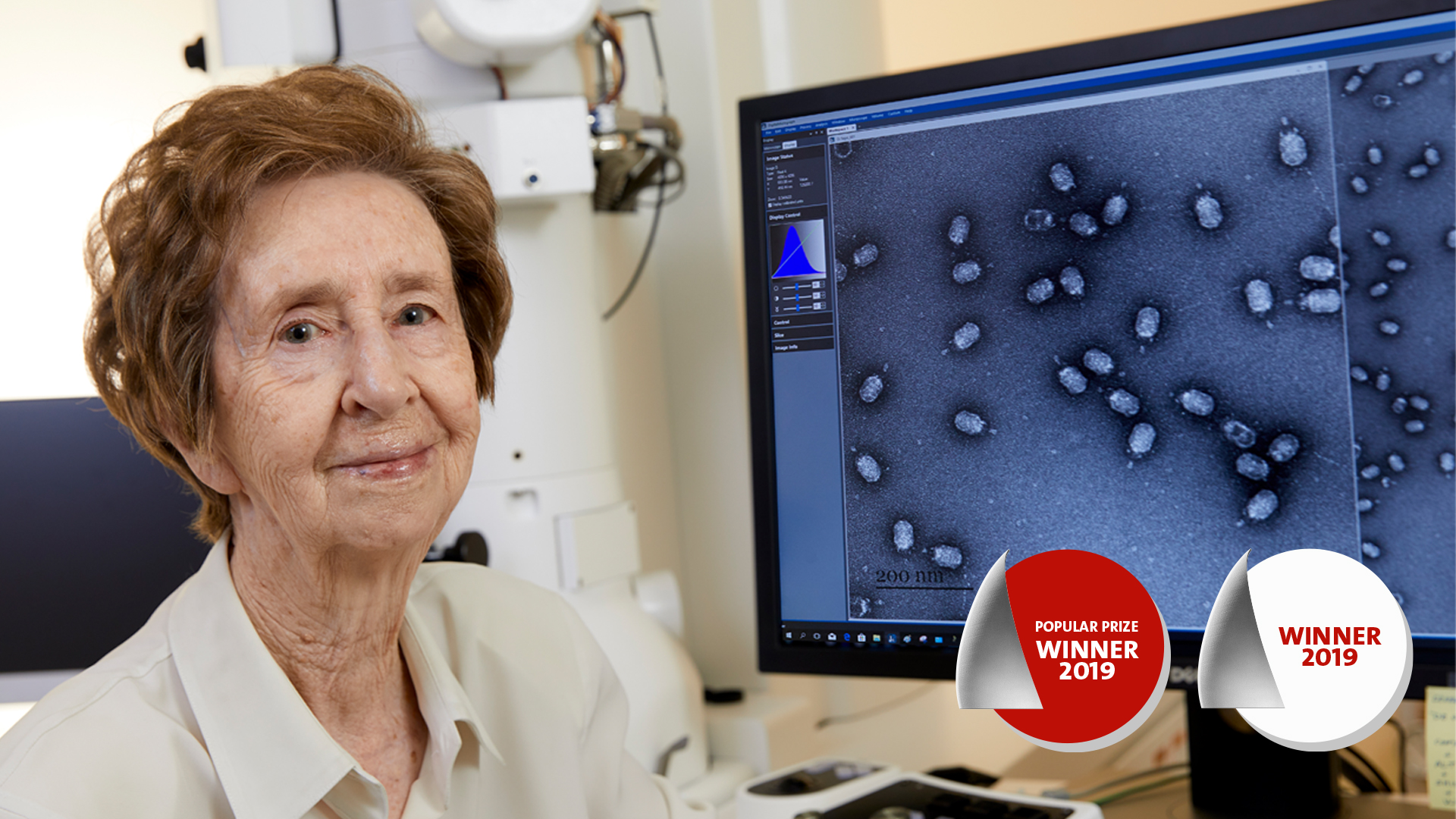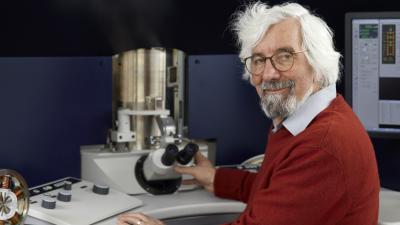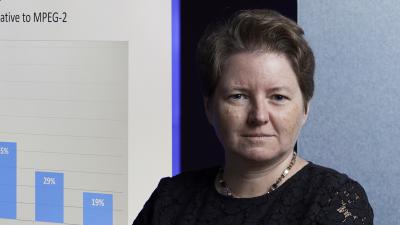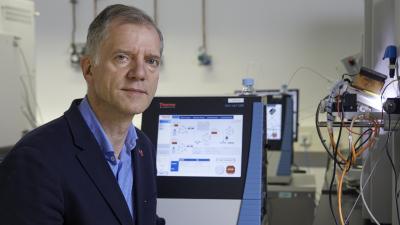Margarita Salas Falgueras
DNA amplification for genomics
Winner of the European Inventor Award 2019
DNA testing brings valuable new evidence to fields ranging from the life sciences to law enforcement. But the technique requires sizeable volumes of genetic material to yield trustworthy results. During the 1980s, techniques such as the polymerase chain reaction, a molecular biology method to copy specific DNA segments, were used. At that time, these were slow and introduced mistakes in every few thousand DNA base pairs, making them unsuitable for application outside of the research laboratory.
Margarita Salas Falgueras led the breakthroughs that have since made DNA testing fast, reliable and used in a wide range of applications. She established that the phi29 virus could create an enzyme, called phi29 DNA polymerase, that assembled DNA molecules much faster than alternatives with fewer than one error in a million base pairs. Salas isolated the enzyme and demonstrated that it also worked in human cells. For the first time, this high accuracy replication made it possible to obtain reliable results from small quantities of genetic material. The technique she invented is used today in medical research to study microbes that cannot be cultured in the laboratory. It has shed light on the earliest stages of embryonic development and allows oncologists to zoom in on small sub-populations of cells that could give rise to tumours.
Patents filed by Salas have led to the commercialisation of user-friendly DNA-amplification kits. She filed her initial patent through the Spanish National Research Council (CSIC) and it remains the most profitable patent ever filed by the CSIC. It accounted for more than half the organisation's royalties between 2003 and 2009, returning millions in investment to publicly funded research.
Salas, now an Honorary Professor at CSIC, started her career in the US-based laboratory of Nobel-prize winner Severo Ochoa. She returned to her native Spain in 1967 to establish the country's first research group in the field of molecular genetics. Despite financial limitations and lingering gender prejudice, Salas moulded her team into a world class and highly profitable public research centre. In addition to her role as a scientific pioneer, she is also a dedicated lecturer, having taught molecular biology at Madrid's Complutense University for 24 years. At the age of 80, Salas continues to go to the laboratory every day.
Media gallery
Contact
European Inventor Award and Young Inventors Prize queries:
european-inventor@epo.org Subscribe to the European Inventor Award newsletterMedia-related queries:
Contact our Press team#InventorAward #YoungInventors







